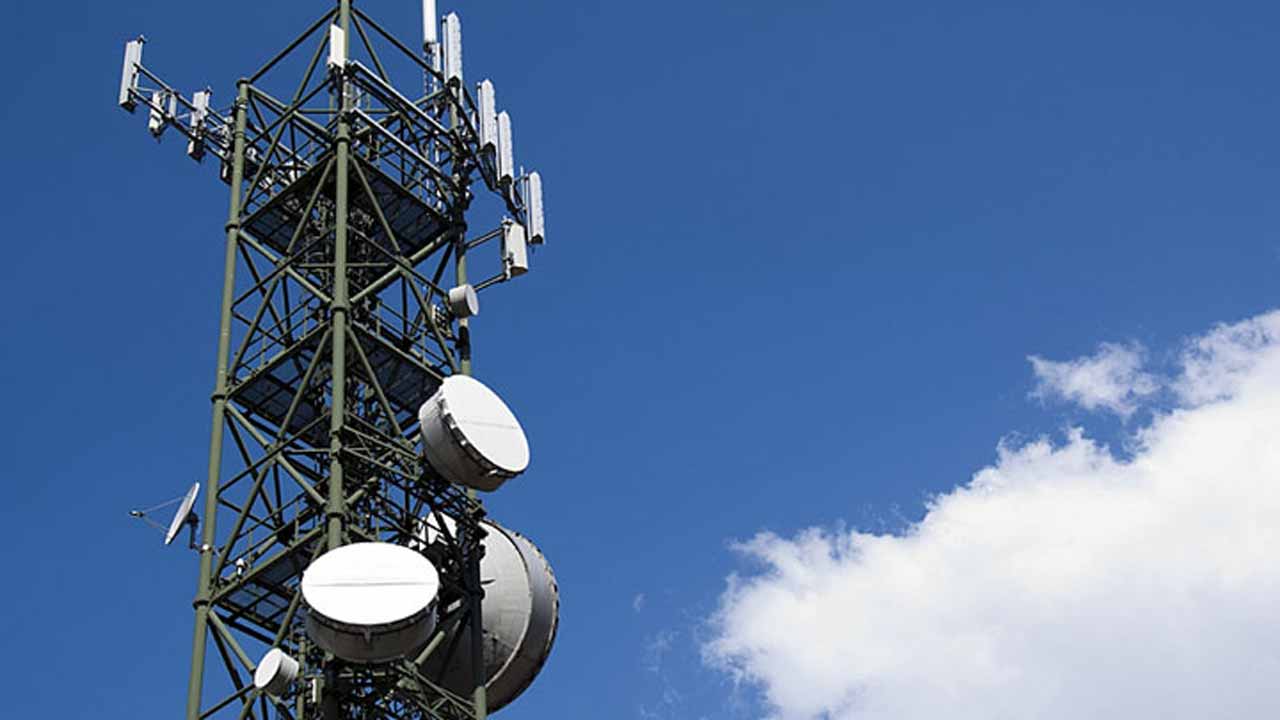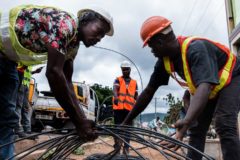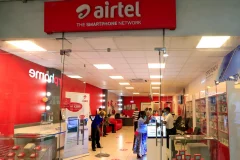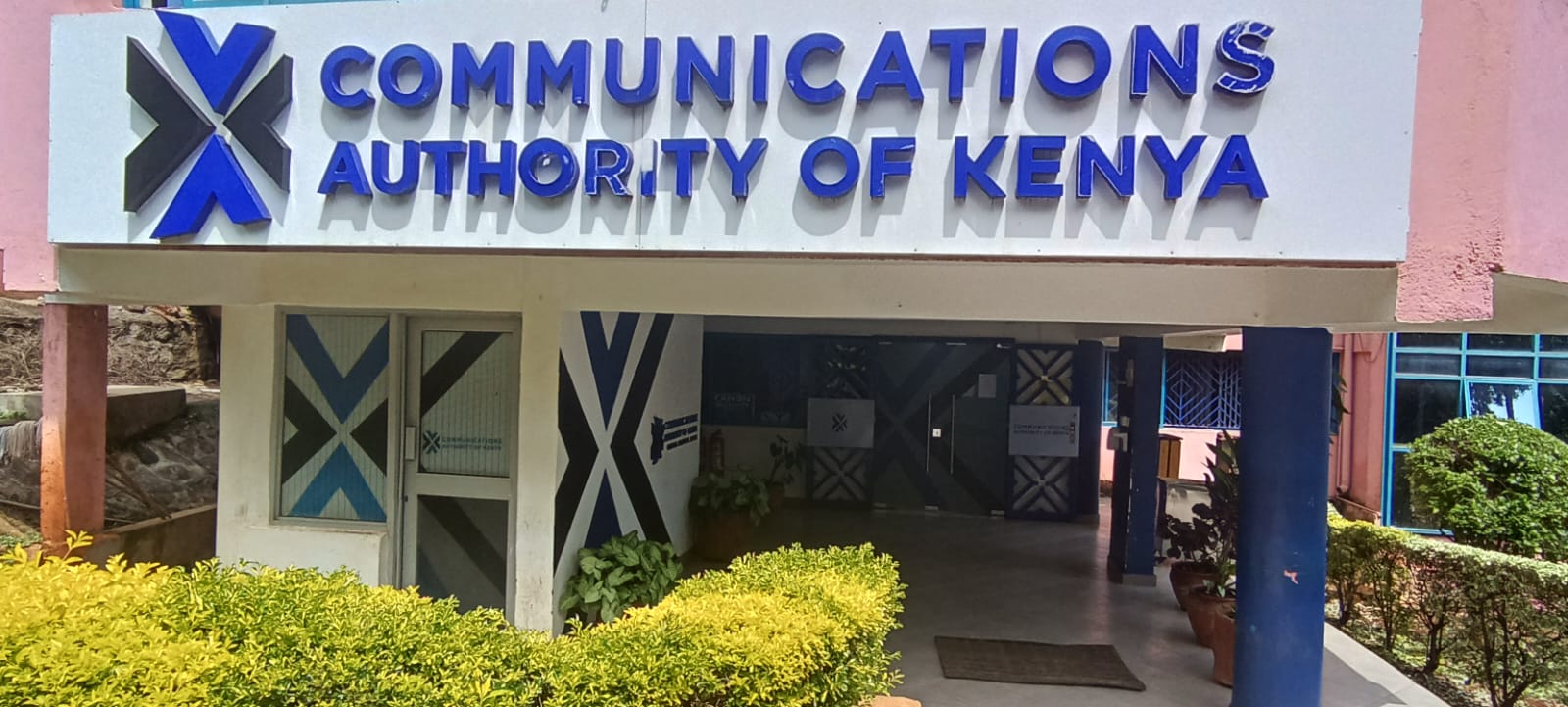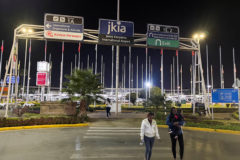Airtel, MTN Nigeria, and IHS Towers, some of Nigeria’s biggest telecom companies, are considering reducing their investments in the country. The companies said multiple taxations, worsening power supply, and two years of losses linked to FX volatility are forcing a rethink.
“We are beginning to have that conversation with shareholders on whether to continue the pace of investment in Nigeria because, admittedly, the capital being invested in Nigeria is being compared to capital being invested in other markets,” Airtel Nigeria CEO Carl Cruz said during a panel session at the Telecom Townhall Forum hosted by Financial Derivatives Company (FDC) on Tuesday.
Karl Toriola, MTN Nigeria’s CEO, pointed out that the government’s reluctance to approve a tariff hike puts telcos in a tough spot as inflation quickens.
“The government needs to look again; if your cost input is higher than what you are selling, it is a problem. So we must detach ourselves from the political obligations of price treatment,” Toriola said.
“The market dynamics and macros have not been the same over the past five years, so there’s only so much that we can extract value from these players,” said Kazeem Oladepo, vice president at IHS Towers.
Data shared by Bolaji Balogun, CEO of Chapel Hill Denham, showed that the total investment in the telecom industry since 2001, when the first telecom licence was issued, amounts to over $70 billion. While that’s significant, at least $4.33 billion is needed to connect most Nigerians to the internet.
Maintenance costs are also significant. It cost over ₦14 billion to fix the 59,000 fibre cuts that happened between 2022 and 2023, said Gimba Mohammed, director of government and external relations at IHS Towers at a breakfast meeting with commissioners of science and technology and operators under the Association of Telecommunication Operators of Nigeria (ATCON)).
Telcos overthink these investments as they post losses in a difficult economic environment. Shareholders, whose equity contribution is at risk, also share their worries as losses have piled up in the last three quarters.
However, underinvestment is a real danger. Data from the Financial Derivative Company showed that a 1% drop in telecom investment leads to a 1% drop in the industry’s GDP contribution.
That’s not a drop Nigeria can afford at this time. Yet, regulators remain reluctant to approve tariff increases that may prove unpopular and drive Nigerians, who are struggling with a dire cost-of-living crisis, to the edge. It leaves regulators between Scylla and Charybdis.







